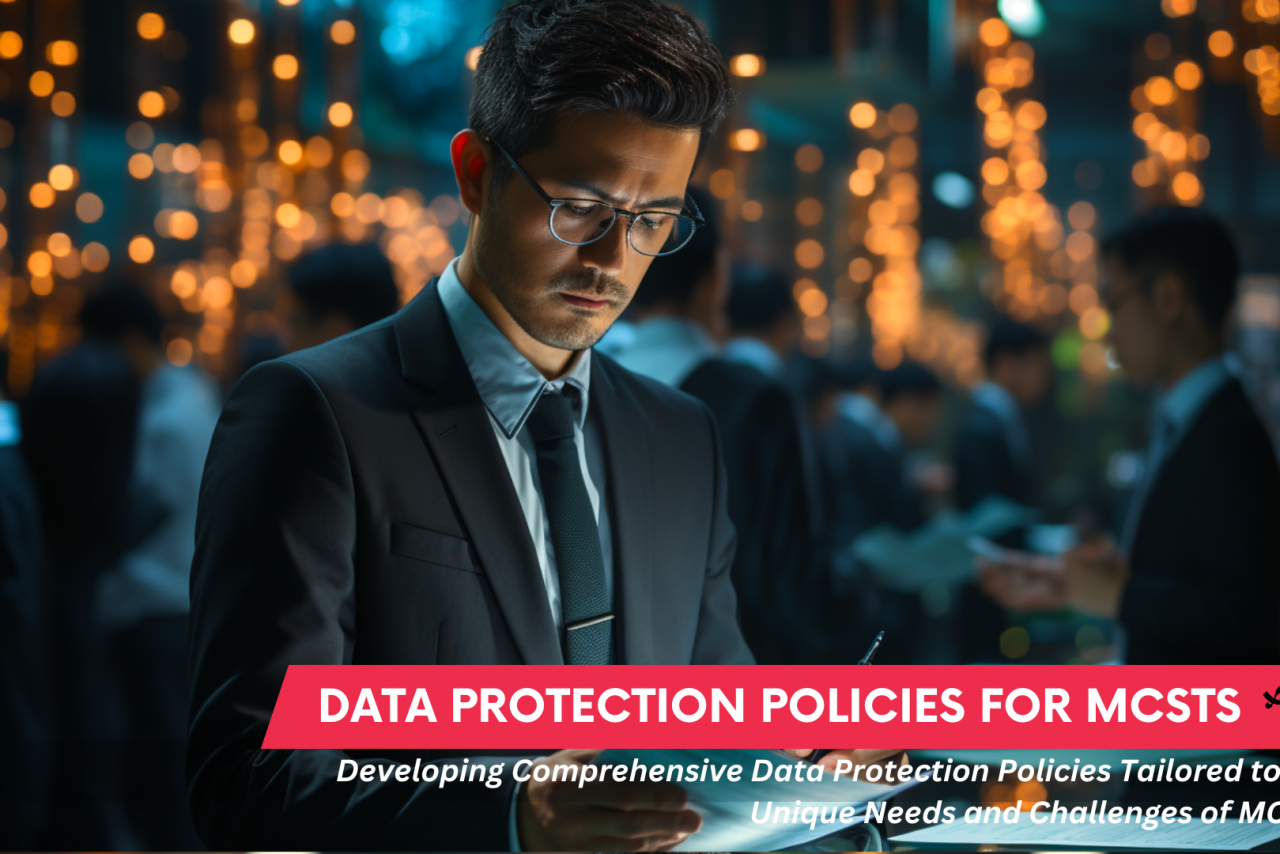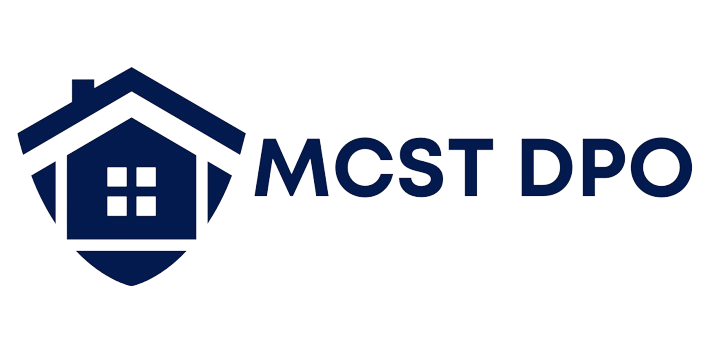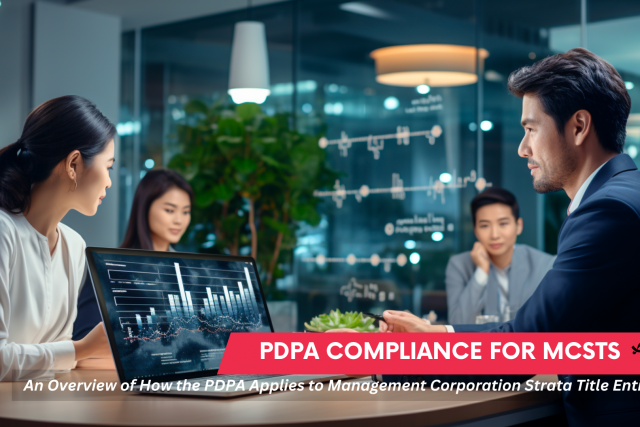
Data Protection Policies for MCSTs
Data protection has become increasingly important, with organizations across various industries facing the challenge of safeguarding personal information. For Management Corporation Strata Title (MCST) entities, which manage common property in strata-titled developments, developing comprehensive data protection policies is essential to address the unique needs and challenges they encounter. This article delves into the importance of tailored data protection policies for MCSTs and provides insights into developing effective strategies to ensure compliance and mitigate risks.
Understanding MCSTs
MCST entities are responsible for the management and maintenance of common property in strata-titled developments, such as condominiums and private housing estates. They oversee various aspects of property management, including maintenance, security, and financial administration, to ensure the smooth operation of shared facilities and amenities within a development.
The Need for Data Protection Policies
While MCSTs primarily focus on property management, they also handle personal information belonging to residents, contractors, and service providers. This includes residents’ contact details, payment information, and records of meetings and correspondence. Given the sensitive nature of this data, MCSTs must establish robust data protection policies to safeguard individuals’ privacy and comply with regulatory requirements.

Developing Comprehensive Data Protection Policies
- Risk Assessment: Conduct a thorough risk assessment to identify potential vulnerabilities and risks associated with the collection, use, and storage of personal data. This assessment should consider factors such as the types of data collected, the systems and processes involved, and the potential impact of a data breach.
- Legal Compliance: Familiarize yourself with relevant data protection laws and regulations, including the Personal Data Protection Act (PDPA) in Singapore. Ensure that your data protection policies align with legal requirements and incorporate principles such as consent, purpose limitation, and data minimization.
- Data Governance Framework: Establish a robust data governance framework to govern the collection, processing, and storage of personal data within the organization. This framework should outline roles and responsibilities, data handling procedures, and mechanisms for monitoring and enforcing compliance.
- Data Security Measures: Implement appropriate technical and organizational measures to protect personal data from unauthorized access, disclosure, alteration, or destruction. This may include encryption, access controls, regular security audits, and employee training on data security best practices.
- Data Retention and Disposal: Establish clear guidelines for the retention and disposal of personal data, taking into account legal requirements and operational needs. Regularly review data retention policies to ensure that personal data is retained only for as long as necessary and securely disposed of when no longer needed.
- Data Breach Response Plan: Develop a comprehensive data breach response plan outlining procedures for detecting, reporting, and responding to data breaches. This plan should include steps for assessing the scope and impact of the breach, notifying affected individuals and authorities, and implementing remedial actions to mitigate harm.

Conclusion
Developing comprehensive data protection policies is essential for MCSTs to safeguard personal information and comply with regulatory requirements. By conducting risk assessments, ensuring legal compliance, establishing robust data governance frameworks, implementing security measures, and developing data breach response plans, MCSTs can effectively mitigate risks and protect individuals’ privacy. By prioritizing data protection, MCSTs can enhance trust and confidence among residents and stakeholders while mitigating the potential impact of data breaches and regulatory non-compliance.


